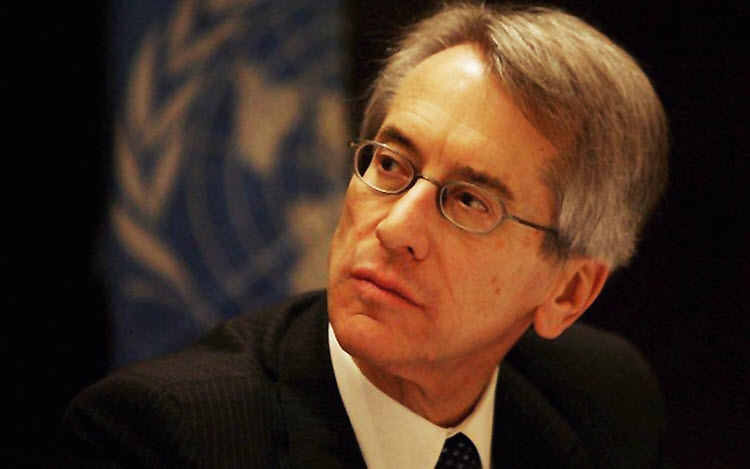
Iran Focus
London, 23 Sep – In his article in Newsweek today, September 23, Giulio Maria Terzi, former foreign minister of Italy, writes about Iranian President Hassan Rouhani’s attendance at the U.N. General Assembly in New York, just a little over a year after the Nuclear Deal he made with the United States, and other countries.
The big question, according to Terzi, is whether or not the Obama administration and its political allies will address the human rights abuses by the Iranian government that were ignored pending the outcome of nuclear negotiations.
In January, the Joint Comprehensive Plan of Action was implemented, and at that time it’s Western supporters believed it to be an opportunity for a more moderate future for Iran. This belief was reinforced when Iran agreed to release five Americans imprisoned by the Iranian judiciary.
“More recently, however, it has come to light that the release was facilitated not just by the newfound diplomatic contact between the Iranian and American governments, but by the fact that the Obama administration agreed to pay $1.7 billion in a ‘debt settlement’ that many critics have described as a ransom,” Terzi writes, and adds, “Furthermore, it has been revealed that Iran may not have been in full compliance with the terms of the nuclear deal at the time it was implemented. The suspension of economic sanctions, then, was a special concession by President Obama and other Western policymakers eager to start a new era in relations with the Islamic republic, regardless of whether the Iranian regime had truly earned such a change.”
Meanwhile, in August, the Iranian Revolutionary Guard Corps naval forces made threatening maneuvers against U.S. warships passing through the Persian Gulf, forcing an American vessel to fire warning shots into the water. Iranian state media broadcasted propaganda depicting American ships and aircraft being destroyed in the waters off the coast of Iran. Says Terzi, “Virtually every new statement or action coming out of Tehran seems to be more baldly aggressive than the last.”
He adds, “The growing catalog of Iranian provocations suggests that the time has come for the international community to seriously challenge the so-called moderates who are not standing in the way of those dangerous activities,” and that, “… the international community is long overdue for challenging the Rouhani administration on other matters too.”
Matters like human rights, which tended to be overlooked after the success of the Nuclear Agreement, and the prisoner exchange. However, after new information recently surfaced, revealing shocking truths about the Rouhani administration, no serious argument can be made about the regime’s ‘moderation’.
“There is no longer any reason to assume that Rouhani is substantively different from all the other figures who were active in the Iranian regime in its early days, and especially at the time of the massacre of 30,000 political prisoners in the summer of 1988, primarily the activists of the People’s Mojahedin Organization of Iran,” Terzi declares, and goes on to say, “…all those officials who voiced opposition to it or other human rights abuses were ousted from the regime. Those who participated, and especially those who participated eagerly, were richly rewarded and generally remain leading members of the regime to this day.”
Justice Minister in Rouhani’s regime, Mostafa Pourmohammadi, was, in 1988, the Intelligence Ministry’s representative to the Tehran ‘death commission,’ tasked with selecting political prisoners for execution. That many such figures are still active in today’s Iranian government indicates that ‘moderation’ is based on illusion.
“Challenges to the regime’s foreign aggression and domestic violence cannot be expected to come from anywhere within the regime itself. They can only come from brave Iranian activists and from the international community,” Terzi concludes.


